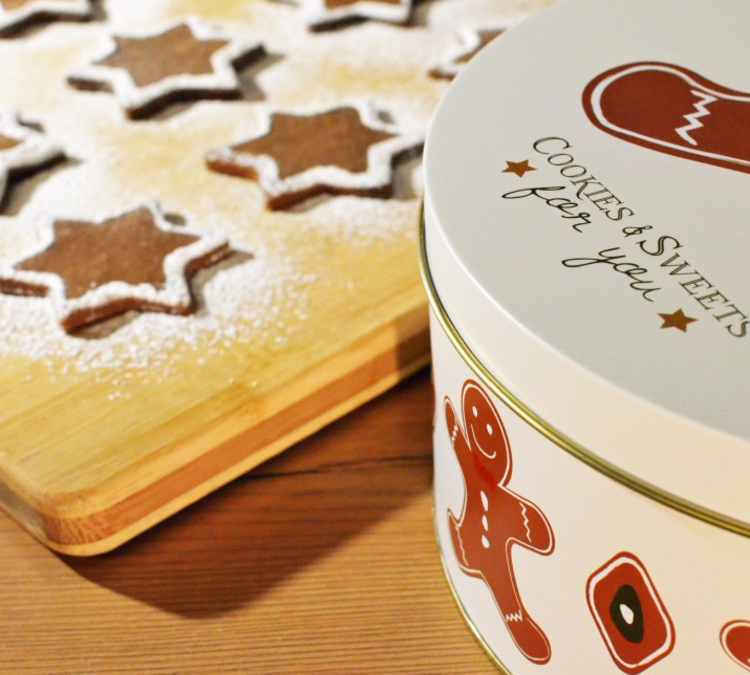Having a painful relationship with food changes everything when the holidays roll around.
Rather than creating joy, the festivities of the season often bring on a feeling of dread.
It’s likely you’ve made leaps and bounds in your struggle with an eating disorder. So it’s only natural for you to want to defend that progress. Especially with all the triggers the holiday season tends to offer. Aside from the abundance of food, this season is well-known for life comparisons and feelings of inadequacy.
So how do you maintain your recovery?
Make a Meal Plan
Around the holidays, grocery stores can seem like a danger zone. The seasonal specialties might be quite overwhelming.
Aside from the stores, the food offered at your holiday gatherings could be equally as overwhelming.
To manage the feeling of overwhelm, make a meal plan. What I mean by this is simply to stick to your usual diet. Write that food down on a grocery list and buy it like you usually do. You can either turn a blind eye to the fancy holiday array or simply set a limit of one holiday treat per shopping trip.
During your holiday gathering, keep it just as simple. Rather than tasting a little bit of everything, fill up on full portions. Not only will you be more satiated, but it’s also less stressful.
Put Your Recovery First
Only you will know your own triggers when it comes to struggling with an eating disorder.
In knowing yourself, it’s important to make your recovery a priority.
Understand that it’s okay not to put yourself in a difficult position where you might regress.
You need to feel comfortable and confident. If you don’t, you will likely experience anxiety and stress. These feelings often lead to regression.
Make a choice to skip events that you know have been a trigger in your past. You’re not obligated to attend an event if it’s going to bring you harm. Set the boundaries of recovery and respect them.
Keep Up Your Routines
There are two routines on which you need to focus most of all during the holiday season.
The first is your daily routine, and the second is your self-care routine.
Your daily routine consists of things like getting up at the same time every day or walking the dog after work. They’re almost like mini-routines that make up your daily life. Although they might seem like a small and insignificant part of your life, they tend to help keep you feeling anchored.
Your self-care routine is simply doing things that make you feel better, like dry brushing or soaking in a hot bath. To some, they may seem luxurious, but the truth is that they help you to feel connected with yourself.
Rely on Your Support System
During the holiday season, it’s easy to put your social life on hold while you attend to your seasonal obligations.
Your social life is part of your support system, so treasure it as much as you normally would. Keep in touch with those few close friends or family members. Talk with them about how you feel and the struggles you’re facing.
In fact, check in with them before a holiday gathering and follow up with them afterward. Not only will this strategy help to give you strength to achieve your goals, but you can also be accountable to your support system.
In moments that you feel depleted of strength, your support system can help to refill your tank again.
Take the first step…
If you are ready to address your food and body image issues and how they may be affecting your life, I would like to help. Please contact me via phone or email so we can discuss how we might work together to achieve your therapeutic goals as quickly and effectively as possible.
I look forward to hearing from you.
Linda K. Laffey, MFT


